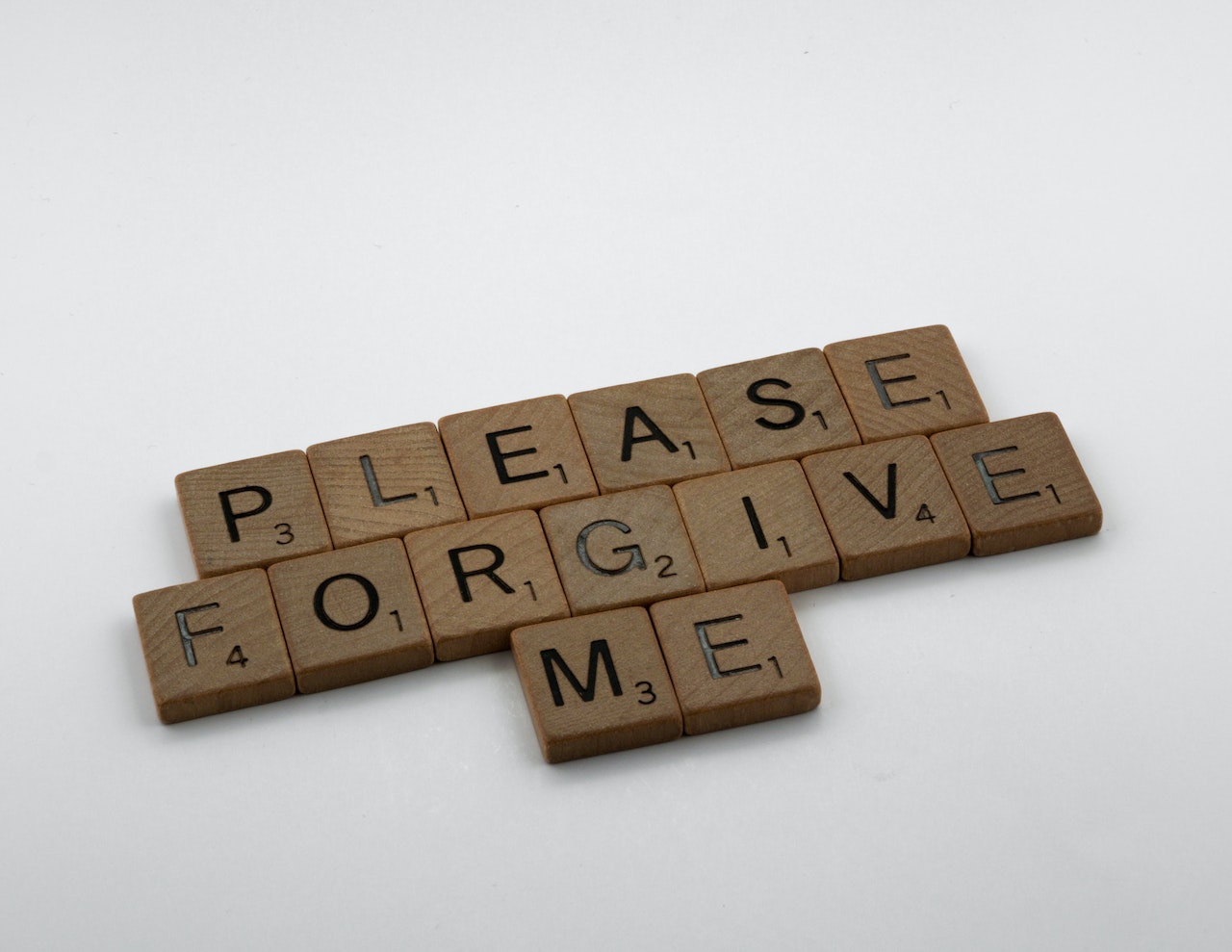Not a Chance
You often hear, “I cannot forgive them until they say they are sorry.” Those who refuse to forgive until the offender expresses remorse, offers an apology, and makes amends do not understand the purpose or consequences of forgiveness and unforgiveness.
The forgiver is forgiveness’s first beneficiary. The act of forgiveness releases the wounded from the emotional burden inevitably resulting from holding onto anger. It is said that harboring anger is the same as swallowing poison with the hope it harms someone else.
Most people agree happiness is derived from within and not dependent on what others think, say, or do. However, those same people would also say they cannot muster the will to forgive if the offender is unrepentant. This position is the functional equivalent of asking permission from your assailant to be relieved of your pain. Why would we deny ourselves the relief found in forgiveness by making it dependent upon the actions of the person who wounded us?
It Takes Strength
Those who suggest a forgiving attitude is a sign of weakness do not appreciate the strength required to resist the impulsive reactions valued by our society and overcome the natural inclination to protect our ego.
Who displayed more strength? Will Smith, who reacted to a perceived insult against his wife by punching Chris Rock, or Chris Rock who did not respond in kind and prevented the escalation of the conflict into something far more harmful? While your first impulse may have been to admire Smith’s “courage” to defend his wife’s honor, the aptly-named Rock served the greater good by declining to succumb to a retaliatory impulse and heighten the conflict.
If you require “victory,” realize that forgiveness robs the offender of the ability to control you. You have undoubtedly been insulted. If you ignore (forgive) the first insult, the insulter may continue firing as many verbal daggers as are needed to get a rise out of you.
Imagine how you would frustrate the insulter if you never respond in anger. They would sputter trying to think of increasingly disparaging slurs in an increasingly futile attempt to provoke a reaction. Each subsequent jibe would make the insulter look more foolish while making you look more admirable.
However, a greater triumph would occur if your forgiveness inspired the offender to repentance. It would not be a victory in the conventional sense of public acclaim for vanquishing your opponent, but one in which all benefit. In this situation, forgiveness releases the pain and potentially leads to the joy of reconciliation (think Prodigal Son).
But Boundaries May Remain
Forgiveness does not require you to act as if nothing happened or restore the offender’s privileges. You can forgive and maintain boundaries to protect yourself from further wounding or to preserve necessary reparations. For example, you should remain apart from one who would abuse you again. Alternatively, parents can forgive their child’s murderers while insisting they remain imprisoned.
I would be remiss if I did not mention there is a spiritual aspect of forgiveness important to many religious faiths including Christianity, Judaism, and Islam that is incorporated into this message.
The decision to forgive is not dependent on the offender but is entirely ours. Forgive to release debilitating anger and pain. Even if you are not seeking it, living well may be the best revenge.
Who needs forgiveness first? Next week, we identify that person.


